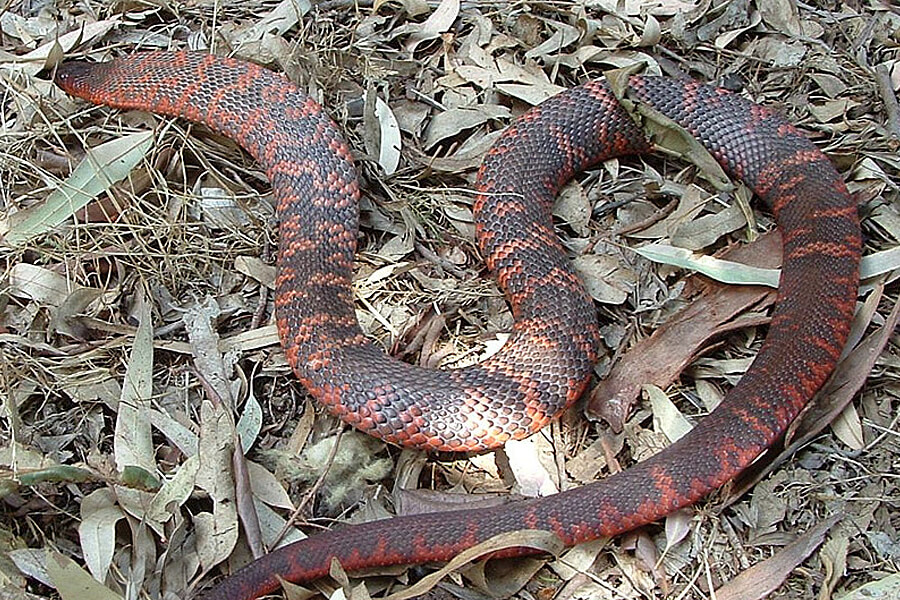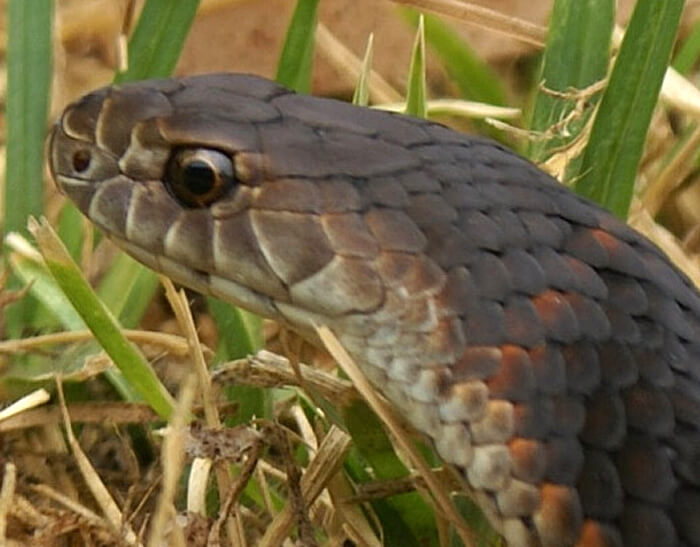Introduction
When it concerns venomous serpents, Australia is home to a few of the most remarkable and unsafe varieties on the planet. Among these, the Tiger Snake attracts attention not just for its powerful venom yet also for its appealing behavior. Recognizing the behavior of poisonous snakes like the Tiger Serpent is critical for both wild animals lovers and those residing in locations where these snakes exist. This article explores different facets of Tiger Serpent habits, habitat, identification, precaution, and emergency treatment practices in case of a snake bite.

Understanding the Habits of Venomous Snakes Like the Tiger Snake
The Tiger Snake, medically referred to as Notechis scutatus, is well-known for its hostile nature when threatened. These serpents exhibit a variety of actions that can be fairly various from their non-venomous counterparts.
Characteristics of Tiger Snakes
The Tiger Serpent is easily identifiable as a tiger snake bite Click to find out more result of its unique bands or red stripes that resemble a tiger's markings. They can vary in color from yellowish-brown to dark olive or black. This coloration offers not only as camouflage however additionally as a warning signal to potential predators.
Adaptability to Environment
One amazing aspect of their actions is their versatility to different environments. Located primarily in coastal regions, marshes, and marshes throughout Australia and Tasmania, they can flourish in diverse environments consisting of metropolitan areas.
Hunting Techniques
Tiger Snakes are ambush killers mostly preying on fish, frogs, and small creatures. They possess eager sight and a severe sense of scent which assists them in finding prey effectively.
Venom Composition
Their poison includes neurotoxins that affect the nerve system, bring about paralysis or death in smaller sized animals. For people, prompt clinical interest is vital after a tiger snake bite due to its potentially deadly effects.
Natural Habitat of Tiger Snakes
Preferred Locations
Understanding where these serpents reside sheds light on their behavioral patterns. The tiger snake habitat includes:
- Coastal regions Swamps Grasslands Urban locations with bountiful water sources
Seasonal Movements
During warmer months, Tiger Snakes are much more energetic as they bask in sunlight or quest for food. In contrast, colder months see them pulling away right into hibernation sites.
Are Tiger Snakes Venomous?
Yes! The question "are tiger snakes venomous?" typically develops amongst those not familiar with this types. Their poison is taken into consideration among the most dangerous amongst all snake varieties worldwide.
Symptoms of a Tiger Serpent Bite
If bitten by a tiger snake, signs and symptoms may include:
- Localized pain Swelling at the bite site Nausea and vomiting Sweating and confusion
Immediate medical help is vital as without treatment attacks can bring about Go to the website extreme health difficulties and even death.
First Aid for Serpent Bites: Quick Feedback Guide
Knowing how to carry out first aid for a serpent bite could save somebody's life. Below's what you need to do:
Step 1: Remain Calm
Keeping calm aids reduce heart rate which lowers poison spread.
Step 2: Debilitate the Impacted Area
Keep the affected limb still and below heart level if possible.
Step 3: Call Emergency Services
Always seek expert medical aid immediately after a snake bite.
First Help for Serpent Bite Kit Essentials
A well-equipped snake bite emergency treatment kit need to consist of:
- A compression bandage Antiseptic wipes A pair of scissors An ice bag
Safety Safety measures: Protecting against Snake Bites in Australia
Awareness Programs
Educating communities concerning local serpent types and their habits can considerably lower encounters leading to bites.
Avoiding Unsafe Areas
Staying away from long turf throughout warmer months decreases call with snakes that could be resting or hunting.
Common Mistaken beliefs Concerning Tiger Snakes
Many individuals believe misconceptions regarding the actions of tiger serpents cause unnecessary fear. Right here are some information:
Myth 1: All Tigers Are Aggressive
Not all tiger snakes will display aggression if left uninterrupted; many like getting away as opposed to confrontation.
Myth 2: They Chase Humans
Tiger snakes do not proactively chase after humans; they might strike when they really feel threatened however will normally pull back if provided space.
Conservation Initiatives Associated with Poisonous Snakes
Conservation efforts concentrate on educating neighborhoods about protecting local wild animals while minimizing human-snake interactions.
Importance of Ecosystems
Understanding that venomous snakes play a vital function in keeping ecological balance aids foster appreciation instead of anxiety towards them.
FAQs Concerning Tiger Snakes
What ought to I do if I experience a tiger snake?- Maintain distance and gradually retreat without abrupt movements.
- While attacks aren't exceptionally usual as a result of understanding efforts, they still take place every year within Australia.
- Baby tiger snakes can deliver full dosages of poison regardless of being smaller sized; for this reason caution is advised around them.
- They mainly consume frogs, fish, small mammals like rats, and various other reptiles.
- It's prohibited in most jurisdictions without appropriate licensing because of safety issues regarding their venom.
- Wear tough boots and stay on significant trails; appearance before putting hands or feet right into concealed spaces like rocks or logs.
Conclusion
Understanding the behavior of venomous snakes like the Tiger Serpent not just improves our expertise yet additionally advertises safety and security recognition amongst those living near their habitats. From acknowledging their characteristics, recognizing emergency treatment methods following a bite, with engaging conservation initiatives-- every facet plays an essential role in cultivating coexistence with these interesting reptiles while respecting their area within our ecosystem.

As we grow our understanding via education and learning and experience, we add favorably towards making sure both human security and wildlife conservation-- profiting all parties involved!